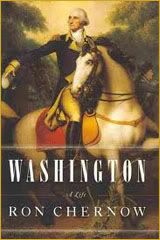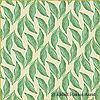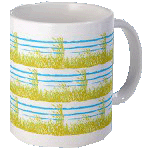Documentaries and Artistic Licence
Our infamous [1, 2] Governor General is in the news again. Her husband and cohort has entered a documentary film at the now internationally acclaimed annual Hot Docs Festival (of documentary films) held in Toronto.
The problem is, Jean Daniel Lafond's film “American Fugitive: The Truth About Hassan” is raising eye-brows for his portrayal of an American assassin who killed the former Shah of Iran’s press attaché in 1980, and who is now a fugitive living in Iran.
Lafond's film includes speculations that the Carter administration allowed the assassination to occur in order to gain favors from the Iranian government in the release of the American hostages, and that Reagan’s campain team asked to delay the release of these hostages to ensure Reagan's presidency.
Well, conspiracy theories are a dime a dozen. But, if it hadn’t been for the role that Lafond plays in Canadian politics, his film would have suffered the same obscure fate.
Film critic Brian D. Johnson interviews Lafond in MacLeans magazine, and here is a pertinent and interesting quote from that interview, in which Lafond thinks of himself as a protected, self-appointed artist.
| "I'm a filmmaker, someone who treats discourse in an artistic manner and puts it up for debate. It's not up to me to answer the question. I'm not an investigative journalist. I don't want to be a journalist. I'm someone who gives voice to what's being said and challenges it. I'm a spectator working with the same moral offered by Spinoza in the quote at the start of the film: "Neither laugh nor cry, but understand." |
Here are some simple dictionary definitions:
doc·u·men·ta·ry, adj.
Consisting of, concerning, or based on documents.
Presenting facts objectively without editorializing or inserting fictional matter, as in a book or film.
fic·tion, n.
1.
a. An imaginative creation or a pretense that does not represent actuality but has been invented.
b. The act of inventing such a creation or pretense.
2. A lie.
3.
a. A literary work whose content is produced by the imagination and is not necessarily based on fact.
b. The category of literature comprising works of this kind, including novels and short stories.
4. Law. Something untrue that is intentionally represented as true by the narrator..
Upon reading the interview, it seems as thought Lafond is following the definition of fiction more than documentary. This is well and good, but if only he would admit it.













